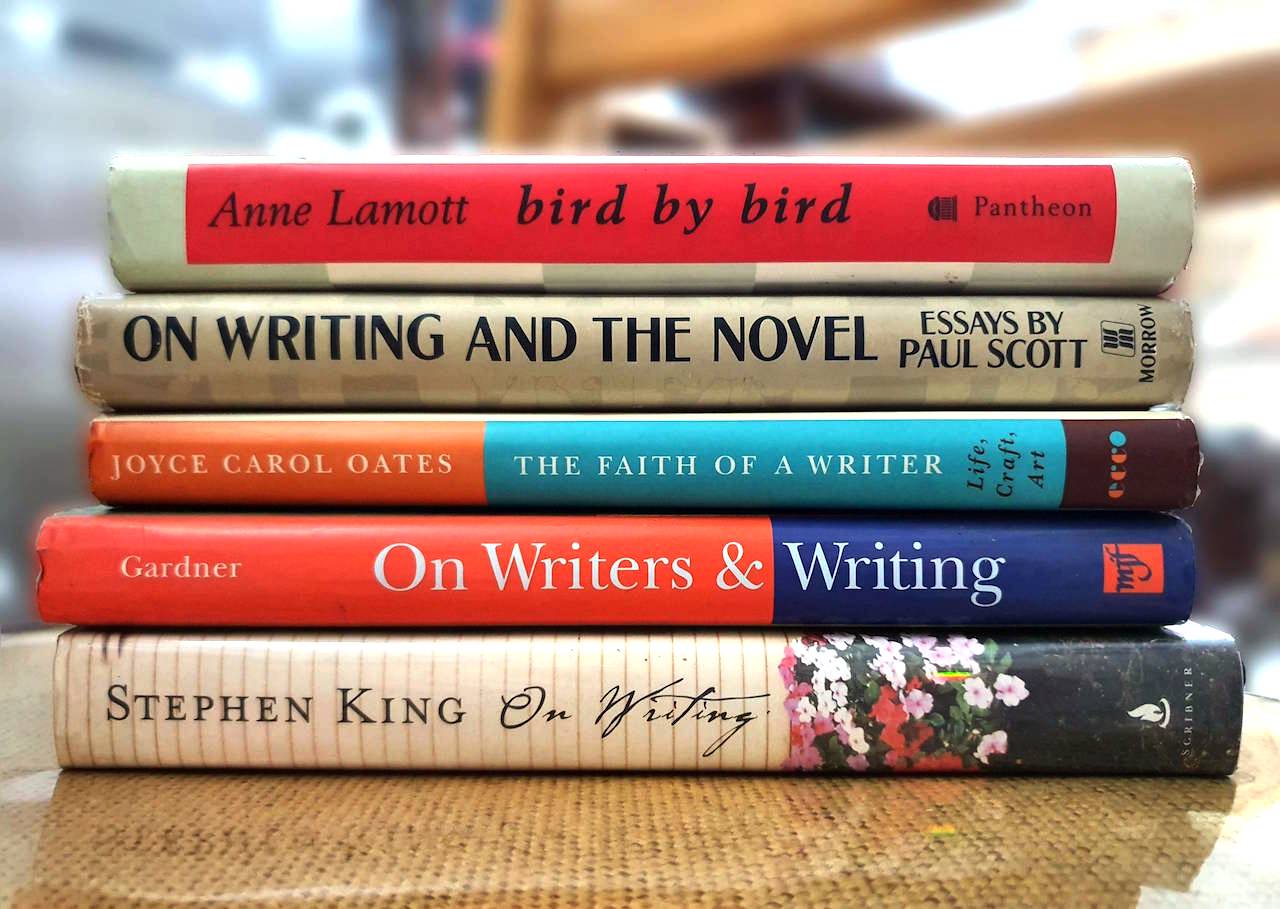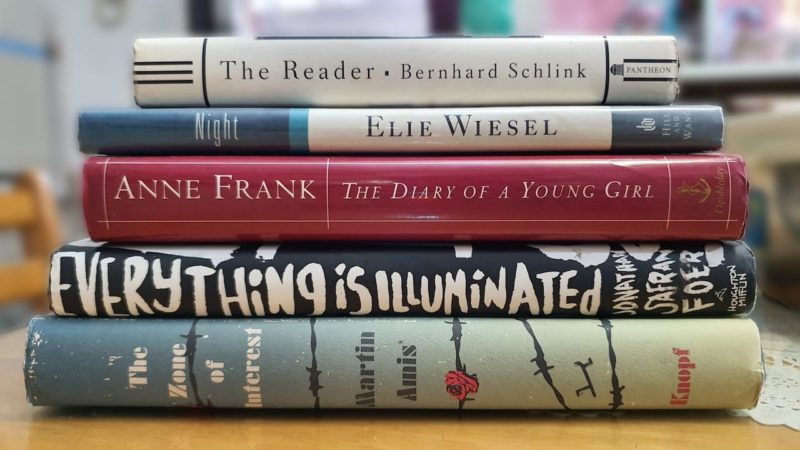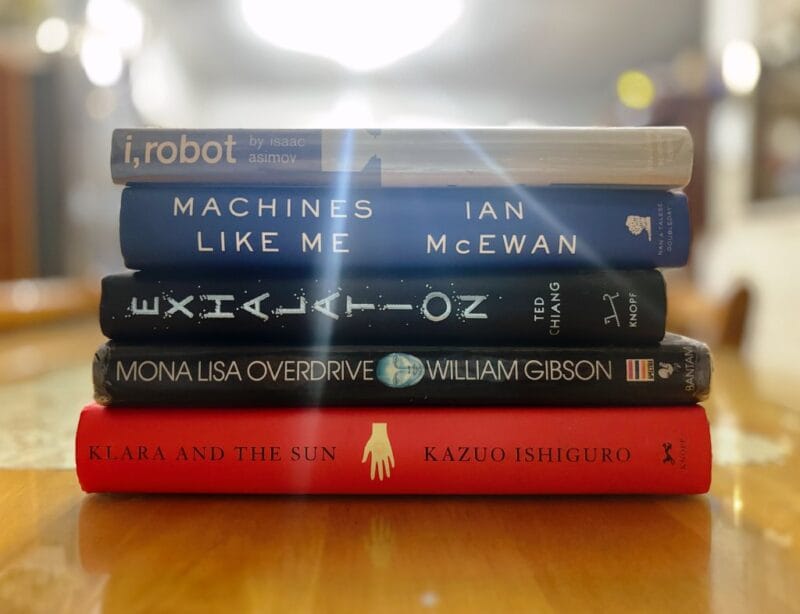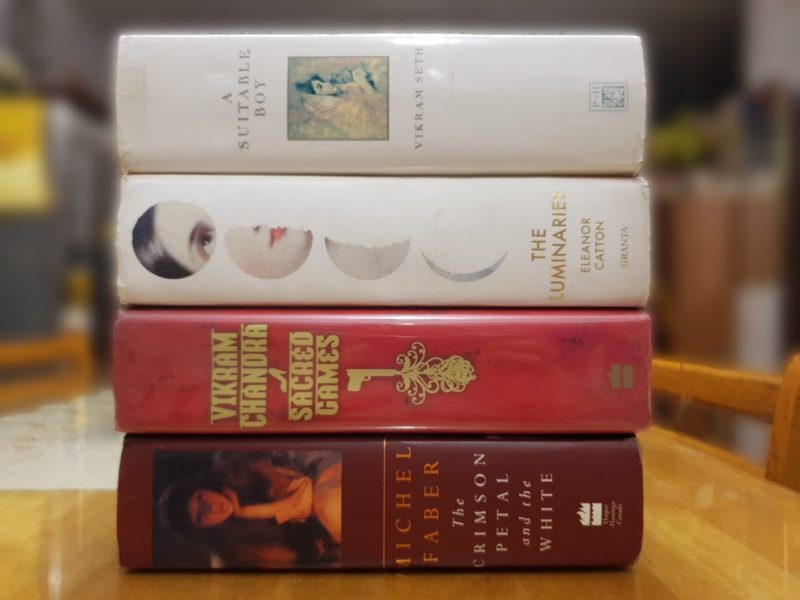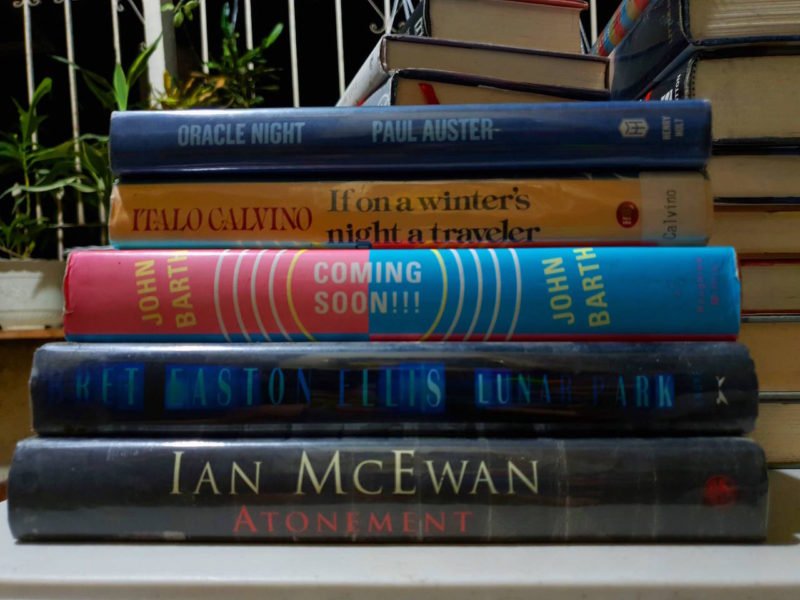Bird by Bird: Some Instructions on Writing and Life by Anne Lamott
Anne Lamott’s father told her brother to “take it bird by bird” (literally, “one bird at a time”) when he was having problems focusing on a school project on birds. This concept held Lamott’s belief that, even if a task appears difficult at first, it is preferable to complete it in smaller, more manageable chunks. She has given us this wonderful insight in the shape of this book, which is replete with sound advice on the craft of writing and the writer’s life.
The book Bird by Bird (1994) is a guide to writing better prose that focuses on consistency, honesty, and improvisation in the writing process. In Lamott’s view, the adversary is anybody or anything that causes a person to engage in an excessive degree of self-reflection and analysis. Putting one’s ideas down on paper or typing them out is often the first thing one does in order to finish a task at hand.
On Writing and the Novel by Paul Scott
This book is a compilation of insightful essays about the craft of fiction writing, by the acclaimed British author, Paul Scott, who won in 1997 the Booker Prize for fiction for his novel Staying On; however, he is best known for The Raj Quartet, a four-novel sequence about the Raj empire, set in India during the last years of British rule, written between 1965 and 1975.
Never one to dabble in short fiction, Scott instead focused his creative energies on novels. On Writing and the Novel (1987) testifies to his admiration for the novel as a lengthy form of creative writing. The author demonstrates how a book may be used as a tool for understanding the human experience.
The Faith of a Writer: Life, Craft, Art by Joyce Carol Oates
The Faith of a Writer (2003) condenses important advice about how to make art out of words, ideas, and real life. Joyce Carol Oates talks about her writing method, such as how jogging gives her ideas, how she writes, revises, and edits her work, and how she gets a better critical eye by reading and analyzing both classic and modern literature.
She gives guidance to prospective writers and describes the emotional roller coaster that may accompany the creative process, all while growing more introspective as she talks about books that affected her as a youngster and books that might influence other aspiring authors.
This book contains morsels of knowledge that are useful for writers of every stripe and genre. If you are a writer who is inquisitive about your identity, it will assist you in gaining an understanding of what motivates your writing. As a literary guide, with a concentration on American literature, this book is quite valuable because of Oates’s inclusion of examples drawn from both classic and contemporary writers.
On Writers and Writing by John Gardner
John Gardner shows in On Writers and Writing (1994) how he chooses which works of fiction are worth reading and which are not by evaluating the works of modern authors such as Oates, Cheever, Roth, and Styron, among others. Gardner makes smart judgements regarding the elements of other writers’ works that he finds attractive and those that he finds less appealing while writing about them.
Almost all of the 28 reviews contained here were published between 1964 and 1982, with posthumous works such as “Cartoons” being possibly the most concise expression of his beliefs on literature and its effects on his work.
On Writing: A Memoir of the Craft by Stephen King
Stephen King’s On Writing: A Memoir of the Craft (2000) is mandatory reading for everyone interested in novel writing. This outstanding book serves as both a memoir and a master class, offering a comprehensive introduction to the fundamentals of writing that every aspiring author should be aware of as well as a close-up look at the author’s creative process.
In this book, King shares life lessons based on his experiences as a young author who struggled to earn a living and was involved in a 1999 accident that garnered worldwide attention. This was the first book released by King one year following his near-fatal automobile accident, published in 2000.
Further Reading
100 Must-Read, Best Books on Writing and the Writer’s Life by Nikki VanRy, Book Riot
Stephen King created a list of 96 essential books for aspiring writers by Swapnil Dhruv Bose, Far Out
Essential Reading List: Must-Read Books for Your Writing Library by Gabriela Pereira, DIY MFA
Neuroscience explains the astonishing benefits of reading books like a writer—even if you don’t plan on becoming one by Todd Brison, CNBC Make It
